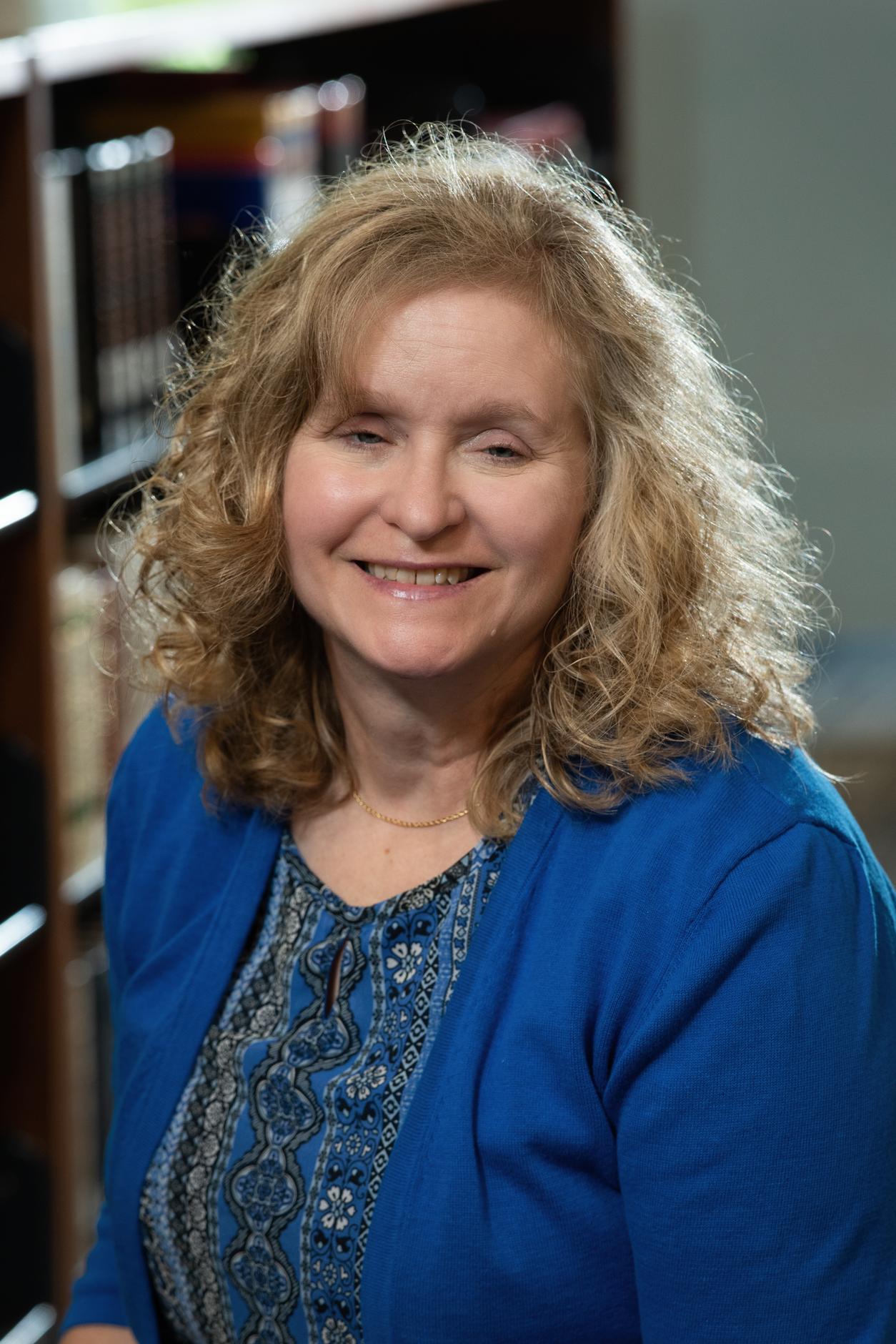
Program Director
Dr. Debbie Waltermire, DrPH, OTR/L
Esbenshade Hall, Room 365B
717-361-1173
Occupational Therapy Website
Dr. Waltermire joined Etown’s OT department in 1997 as the full-time fieldwork coordinator. She subsequently served the department as a part-time lecturer from 2005-2018. In 2018, she was appointed as a full-time assistant professor, and in 2022, Dr. Waltermire was promoted to associate professor and appointed as the B.S./M.S. program director.
Her primary clinical background is in adult psychiatry, especially adults with schizophrenia and other severe and persistent mental illnesses. She also has worked as a consultant and manager in an acute care medical center with a physical rehabilitation program. Her experience also includes coordinating clinical fieldwork programs for OT students as well as supervising many fieldwork students.
Faculty: Carlson, Dennehy, Ericksen, Fox, Friguglietti, Hample, Martin, Panchick, Walker, Waltermire, Wentzel
Student Learning Outcomes for Master of Science in Occupational Therapy:
Students will be able to:
-
Demonstrate the ability to effectively collaborate with others (colleagues, professional contacts, clients, faculty, etc.).
-
Engage with clients in a manner that demonstrates skillful application of concepts related to client-centered care, culturally responsive care, and therapeutic use of self.
- Identify/diagnose occupational performance and participation and construct plans to influence change and enhance occupational performance for individuals, populations, and organizations.
-
Design and implement evaluations and interventions that are occupation-centered and theory-based, with entry-level competence.
-
Contribute to the body of evidence that supports traditional and emerging occupational therapy practice and/or the understanding of human occupation.
The Master of Science in Occupational Therapy requires two years or four semesters (this includes one summer semester/session) of graduate academic study and six months of clinical Level II Fieldwork with the requirements listed below. Students may take up to 18 credits in a semester at Elizabethtown College without paying a credit overload fee. To begin the master’s program in occupational therapy, students must have successfully completed all prerequisites, including earning a 2.9 overall GPA by the end of their junior year and earning a minimum of a C- in all required courses. Successful completion of the Master of Science in Occupational Therapy affords the student the opportunity to take the National Board of Certification in Occupational Therapy (NBCOT) Exam and to become licensed to practice occupational therapy as an individual jurisdiction requires. Please note: a felony conviction may affect an individual’s qualification to take the NBCOT certification exam and/or obtain professional credentials.